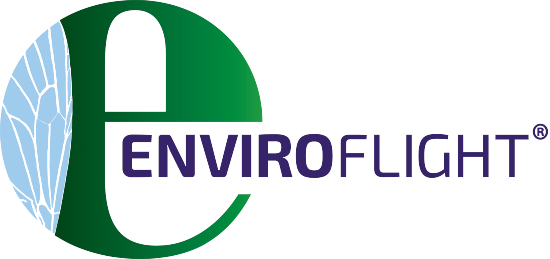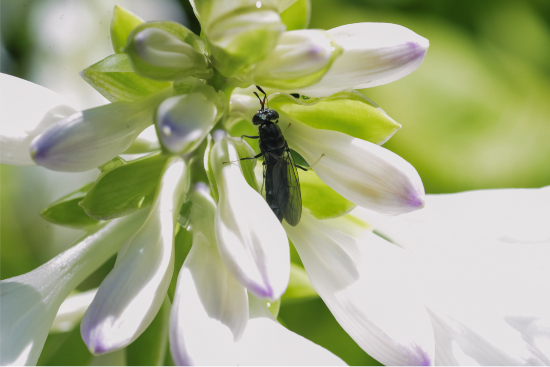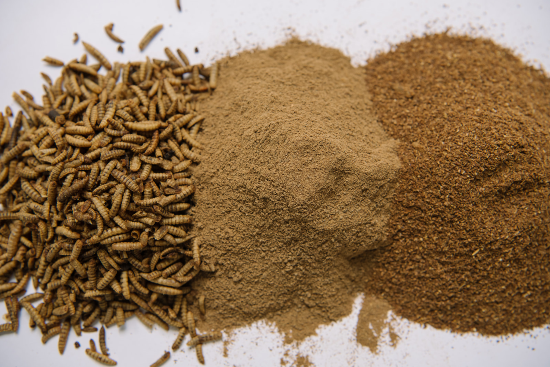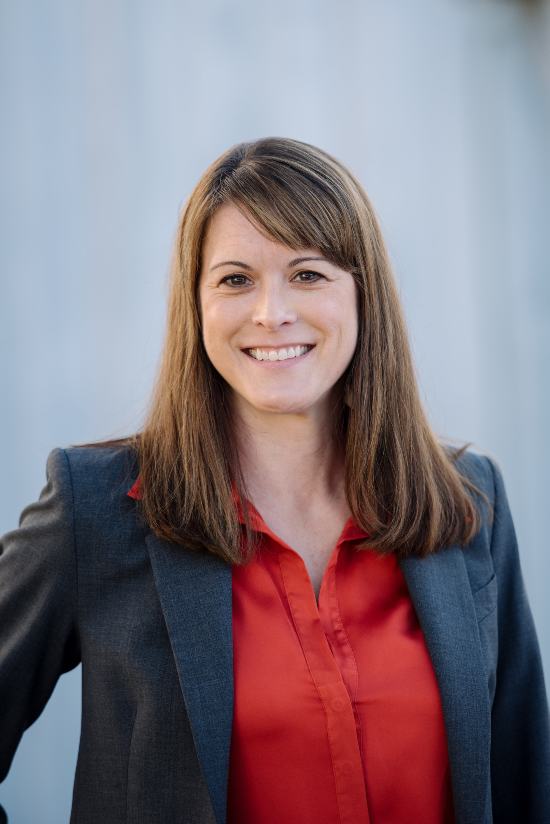
EnviroFlight Brings HQ, R&D Center, and Billions of Flies to Apex

EnviroFlight, an alternative protein company based in northern Kentucky, is relocating its headquarters and installing a new research and development facility in the Raleigh suburb of Apex.
The 30,000-square-foot center will break ground this month, creating 30 to 40 new jobs.
The company, owned by Darling Ingredients, specializes in using black soldier fly larvae (BSFL) in animal feed. Similar to the benefits of soy and pea protein, BSFL is a sustainable additive to the diets of animals that humans, in turn, feed on.
By 2050, the global population is estimated to be 10 billion people. The existing food production industry would need to double its yield to provide for a population of that size. Researchers have been turning to the emerging field of alternative protein for a solution. One kilogram (about 2.2 pounds) of protein from the larvae requires only 1.5 kilograms of feed and less than one liter (about a quart) of water.

For comparison, the same amount of beef will need 10 kilograms of feed and 22,000 liters – more than 5,800 gallons -- of water. These larvae also contribute to a zero-waste ecosystem, feeding on the food byproducts of humans that otherwise end up emitting methane in landfills.
EnviroFlight has created four commercial products from these larvae, with EnviroMeal and EnviroOil most commonly found in animal feed. EnviroMeal contains the defatted, pressed and ground larvae, with a high protein content. EnviroOil is made up of the fat taken from these larvae, which is rich in lauric acid. Lauric acid is a saturated fat found in many vegetable fats, particularly in coconut and palm kernel oils, used as a vegetable shortening. People also use it in the manufacture of soaps and shampoos, and in medicines to treat viral infections.
EnviroBug, or dried larvae, is also used to feed animals while EnviroFrass, the leftover larvae components, act as a chemical-free fertilizer for plants.
My, how flies time
EnviroFlight manages the entire life cycle of these flies, growing them in trays that stack vertically to maximize space. Their initial larvae sample was gathered from wild populations in the Ohio area, and now, the entire process takes place in-house. After the flies breed, EnviroFlight scientists allow the resulting larvae to grow for 18 to 20 days before they’re harvested and processed into ingredients. A small percentage reach maturity and breed again, only living for about a week in adulthood. EnviroFlight’s commercial facility, which doesn’t include the R&D center, will manage more than 5 billion flies each year and more than 30 billion larvae.

EnviroFlight’s products can replace less-sustainable ingredients in chicken feed and pet food because of their easy digestibility and similar protein, energy and fiber content. Additionally, the products can be used to feed specialized and endangered animals in zoos, because they mimic the nutrition these animals receive in their natural habitats. They can also play an important role in revolutionizing the aquaculture industry. Typically, small fish are fed to larger fish as a protein source, a wasteful practice that has been depleting the earth’s natural resources.
“Giving these fish insect protein instead will help us maintain the sustainability of our oceans,” says Nandini Mendu, Ph.D., senior director of agriculture sector development at the North Carolina Biotechnology Center, who aided in EnviroFlight’s recruitment to North Carolina. With BSFL, EnviroFlight can feed more fish, which will feed more people.
To ensure the natural balance of the environment, EnviroFlight is designing its Apex facility with containment and filtration in mind. Black soldier flies can’t fly during the larval stage, and the small percentage that make it to adulthood don’t eat, bite, sting or carry zoonotic diseases, meaning those affecting humans and other animals. These flies are also native to the western hemisphere, so there is no concern about introducing an invasive species to the area.

“That’s one of the reasons we have commercialized this animal,” said Liz Koutsos, Ph.D., president of EnviroFlight, in an interview with NCBiotech. “It presents very little risk to the natural ecosystem around our facility.”
The Research Triangle-area site, previously known as Cash Corporate Center, is located in Apex’s industrial and business park, at 2100 Production Drive. Cary-based MacKenan Group will develop the facility, to be completed in spring of 2022.
After considering the greater Cincinnati region and northern Kentucky for its expansion, EnviroFlight chose Apex for both business and personal reasons. The company completed its regulatory safety trials at North Carolina State University, where it was introduced to the talented workforce and unique research opportunities North Carolina has to offer. Koutsos was born in the Raleigh-Durham area, and has lived in Apex for the past 11 years, working as an adjunct professor at NC State in addition to her role at EnviroFlight.
“We were looking for a community to grow in life sciences ag-tech,” said Koutsos, “and Apex was a great fit.”
“We are happy to welcome EnviroFlight to the Triangle’s life sciences community,” says Laura Rowley, Ph.D., director of Life Science Economic Development at NCBiotech. Rowley worked in a team with Mendu to recruit the company to Apex. “The alignment between EnviroFlight’s technology and NC State’s research strengths provides exciting opportunities for collaboration with faculty and career pathways for graduates.”
Competition growing around the world
Other countries are developing this technology quickly, says Mendu. The industry has been growing in Europe and South Asia, so it is not only exciting that EnviroFlight has footing in the United States, but in North Carolina specifically.
The Apex R&D facility will focus on researching alternative uses for BSFL and improving their current products.
“There are so many opportunities in advancing what we currently do with genetics and engineering,” Koutsos tells NCBiotech, “and getting a better understanding of what our customers want as an end product.”
EnviroFlight plans to experiment by processing these flies at different stages of their life cycle, she says, “which will help us understand how their composition or physiology changes” to determine the ideal harvest time. The company also plans to explore both human food applications and cosmetic opportunities of these insects.
